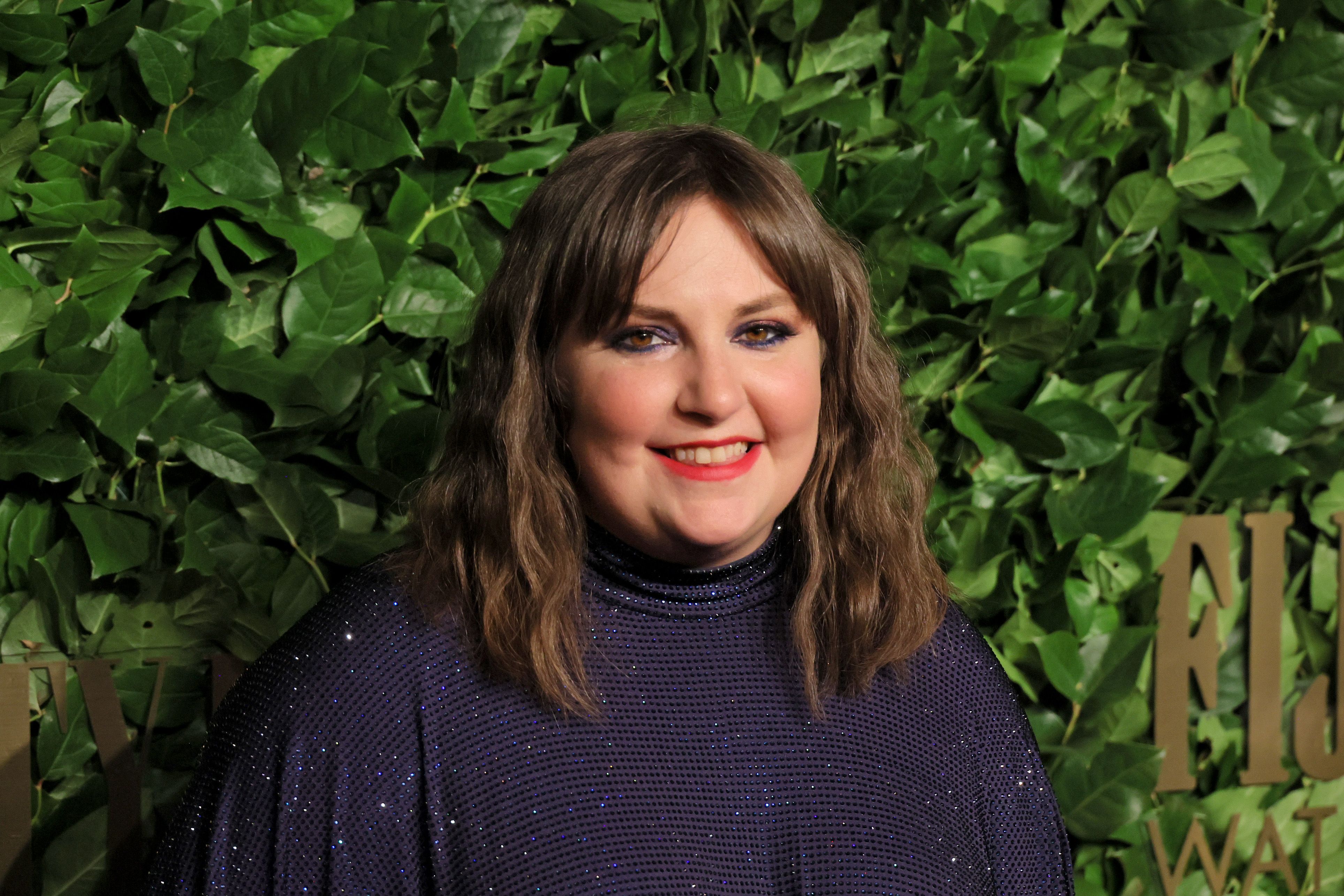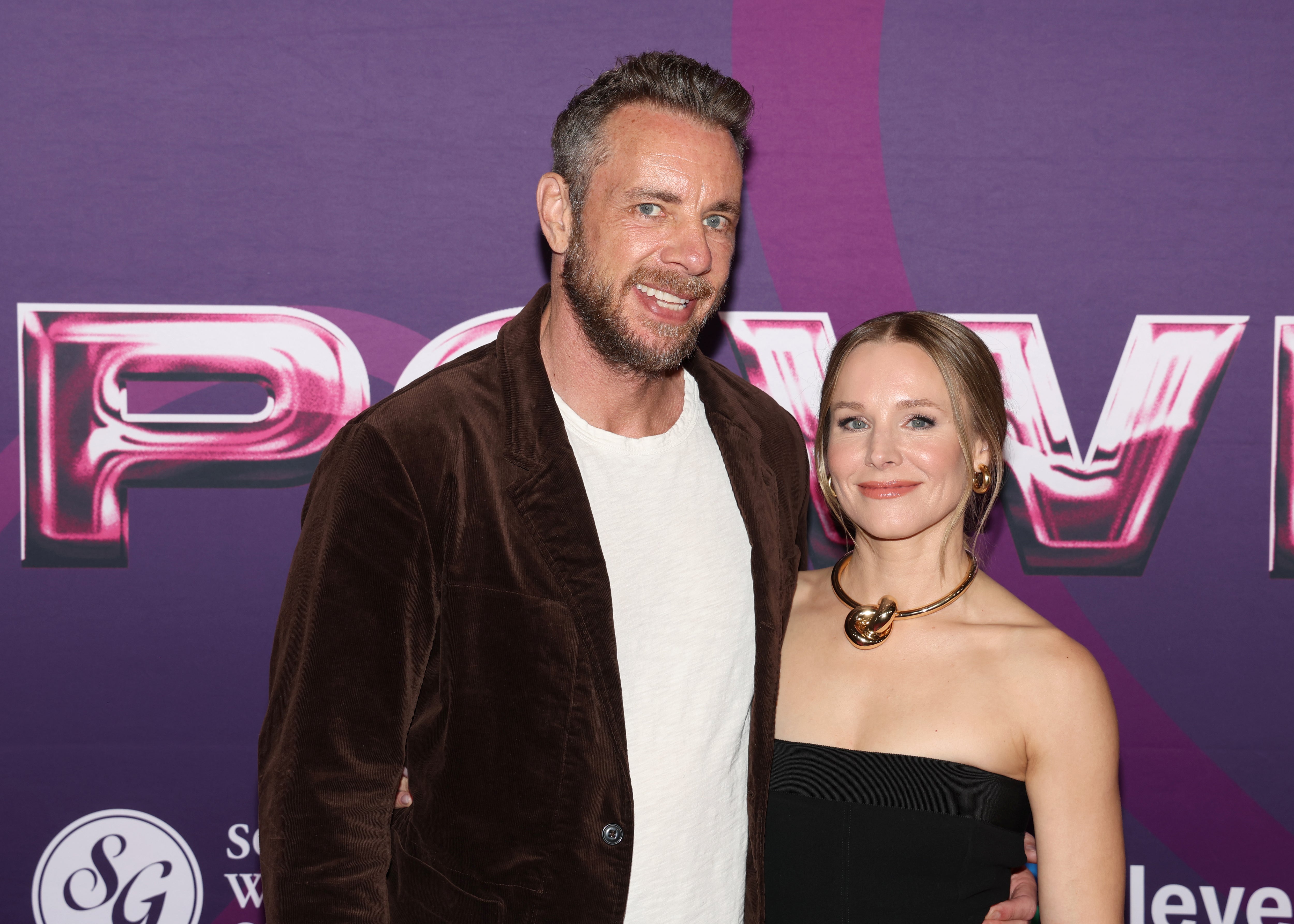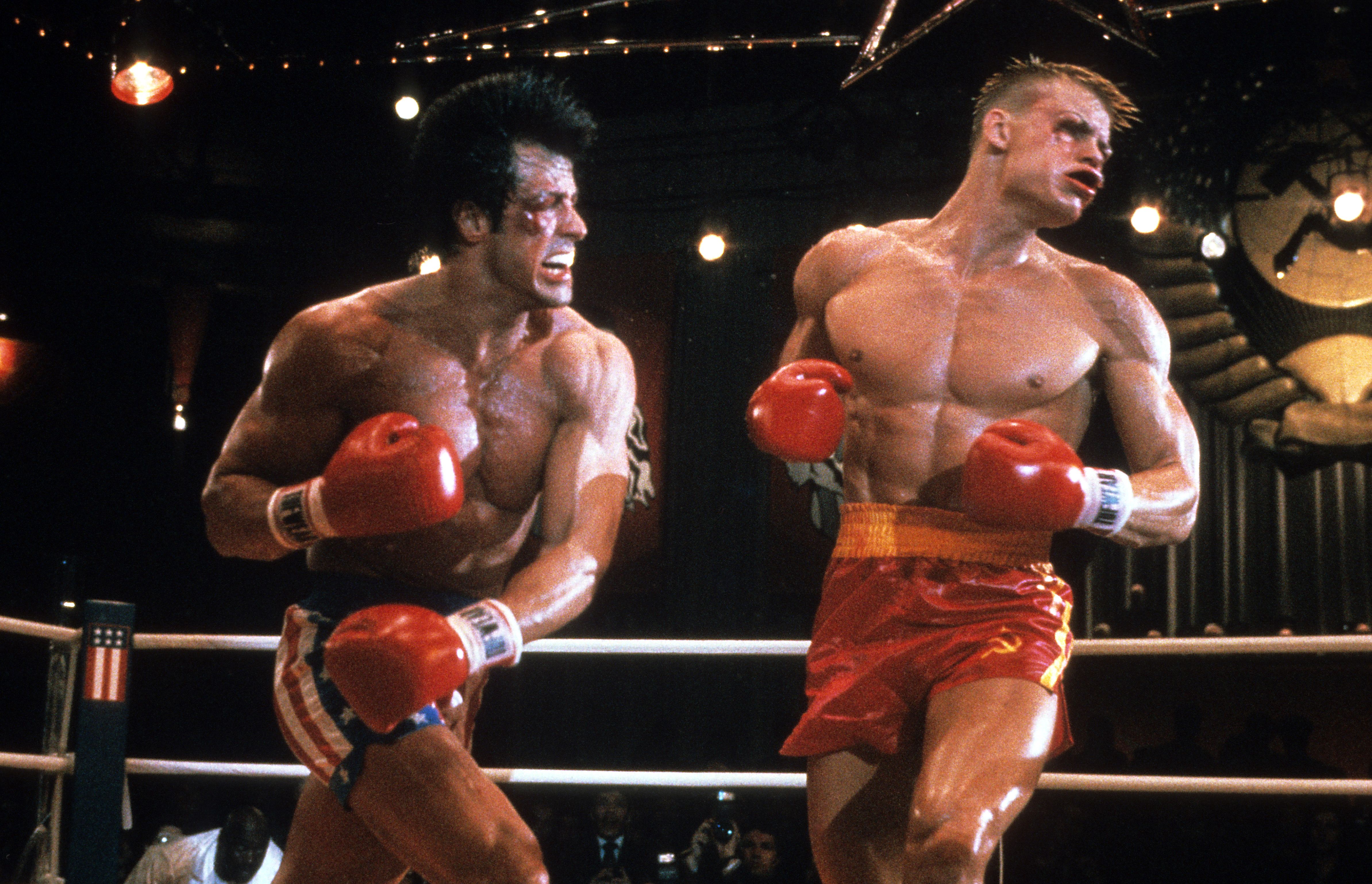Lena Dunham has long been a voice of both creativity and controversy in the world of entertainment. Known for her candid storytelling and unapologetic approach to topics often considered taboo, the writer, director, and actor continues to challenge expectations—both within her industry and in wider cultural conversations.
In her latest venture, Dunham turns her focus to London, where she has written and directed a romantic comedy that delves into the complexities of love, identity, and acceptance. Alongside this new creative chapter, she has been open about her ongoing experiences with fatphobia, self-worth, and the realities of dating in a world still dominated by unrealistic beauty standards.
Dunham, who rose to fame through her groundbreaking HBO series Girls, has built her career on telling stories that are unflinchingly honest, often drawing from her own life. With her newest film, she brings that same authenticity to the screen, exploring the vulnerability and humor that arise when people seek connection in the face of societal pressures.
In recent interviews, Dunham has spoken candidly about her decision to live in London, a city she now calls home. The British capital, she says, offered her a sense of freedom and anonymity that she had struggled to find in the United States. The pace of life, the diversity, and the relative lack of tabloid scrutiny provided the space she needed to heal, create, and grow.
Her move coincided with a deeper personal journey—one that involved re-evaluating how she saw herself, her relationships, and her body. For Dunham, navigating the entertainment industry as a woman who doesn’t conform to Hollywood’s traditional beauty ideals has been an uphill battle. Fatphobia, both overt and subtle, remains a pervasive force not only in media but in everyday interactions.
In speaking about fatphobia, Dunham highlights the insidious ways it shapes the way people are perceived and treated. She notes that while there has been progress in body positivity movements, the underlying biases still run deep. Social media, she argues, often perpetuates a curated version of self-love that doesn’t always reflect the realities of living in a body that doesn’t meet conventional standards.
Dunham’s openness about her own struggles with body image has resonated with many. Her willingness to show her body on screen—often in vulnerable or comedic situations—has sparked both praise and criticism. She remains steadfast in her belief that visibility matters: by presenting bodies of all shapes and sizes in narratives about love, friendship, and personal growth, she challenges narrow definitions of beauty and desirability.
Her new film, set against the backdrop of London’s vibrant neighborhoods, continues this mission. The romantic comedy centers on characters who defy stereotypes, bringing humor and heart to stories that often go untold. Dunham has said that she was drawn to the idea of creating a rom-com where the protagonists don’t necessarily fit the glossy mold that the genre so often showcases.
Romantic comedies, she believes, have the power to shape how people see themselves and their relationships. Too often, these films reinforce the idea that only certain types of people—those who are young, thin, traditionally attractive—are worthy of love. By offering a different perspective, Dunham hopes to expand the narrative and create space for stories that feel more inclusive and authentic.
Apart from her on-screen pursuits, Dunham has been outspoken about the difficulties of dating outside the traditional standards of beauty society upholds. She considers the usual relationship advice given to women—most of which she believes to be outdated or based on damaging assumptions. The idea that a person needs to change to be lovable, or that their value is measured by romantic achievements, is something she aims to challenge through her creative work and public discussions.
Dunham’s own experiences with dating, chronicled both in her writing and interviews, paint a picture of someone who has navigated the highs and lows of relationships with humor and resilience. She speaks about the importance of self-compassion and the value of recognizing one’s inherent worth, regardless of societal messages that suggest otherwise.
Her efforts extend beyond topics like body perception and romance. Dunham has been actively participating in discussions regarding mental wellness, persistent health conditions, and women’s rights. She has candidly shared her challenges with endometriosis, an ailment affecting not just her physical state but also her emotional health and self-perception. The choice she made to have a hysterectomy in her early thirties received considerable attention, and she utilized this event to highlight frequently ignored or misunderstood issues related to women’s health.
By sharing her own journey, Dunham contributes to a broader dialogue about the intersection of health, body autonomy, and identity. She emphasizes the importance of listening to one’s body, advocating for proper medical care, and challenging the stigmas that surround both physical and mental health.
Her latest movie explores these topics in a nuanced yet important manner. It tells the tale of flawed individuals, genuine physiques, and the common longing for connection. Utilizing humor and vulnerability, the story encourages audiences to reflect on how love is formed not by physical flawlessness but through sincerity, compassion, and collective humanity.
The choice to set the story in London adds an additional layer of charm and diversity. Dunham has spoken about her affection for the city, describing it as a place where she felt she could reinvent herself without the burden of constant scrutiny. The cosmopolitan nature of London, with its rich tapestry of cultures and voices, serves as the perfect setting for a story that seeks to challenge conformity and celebrate individuality.
For Dunham, this film marks a return to the director’s chair after several years of focusing on writing and producing. The process, she says, has been deeply rewarding, offering her the chance to tell a story that feels both personal and universal. It also reflects her growth as an artist—one who is unafraid to evolve and tackle new creative challenges.
The reaction to her creations has consistently been varied, with Dunham herself admitting that not everyone resonates with her style. Nevertheless, her dedication to sincerity, despite any discomfort it may bring, remains central to how she tells her stories. Be it through TV shows, movies, or written pieces, she persists in creating room for tales that resist simple classification.
Looking ahead, Dunham shows no signs of slowing down. In addition to her film work, she remains active in literary and television projects. Her production company focuses on supporting diverse voices and stories that might otherwise struggle to find mainstream platforms. Through mentorship and collaboration, she seeks to uplift new generations of storytellers who bring fresh perspectives to the industry.
At its heart, Dunham’s creative journey is about more than just personal expression—it’s about challenging the frameworks that dictate who gets to be seen and heard. Her work underscores the importance of representation in all its forms, reminding audiences that stories about love, identity, and resilience belong to everyone.
As her latest romantic comedy is about to be released, Lena Dunham keeps exploring the blend of personal insights and cultural observations with the characteristic audacity that has marked her career. Despite being divisive, her voice still plays a crucial role in the enduring discussion about our identity, self-perception, and the narratives we decide to share.





